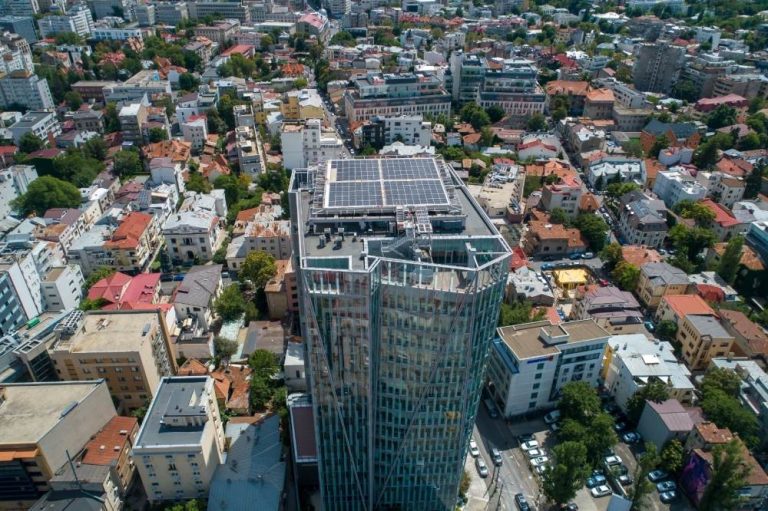Whether the goal is to increase recycling or to reduce littering, authorities will never achieve truly clean cities without a fundamental shift in public mindsets and behaviours, according to waste management experts gathered at the CleanEnviro Summit in Singapore. They highlight three ways in which cities can increase public participation in waste management.
Financial incentives
Creating a financial incentive for people to recycle is a great way of diverting waste from going into landfills.
South Australia is one of the best examples of such a policy, with their Container Deposit Scheme – a refundable fee of 10 cents is added to the price of bottled and canned beverages, and consumers can get this deposit back by returning the containers to collection points. As a result of this programme, South Australia has the highest waste recovery rate among the other states in the country, except the Australian Capital Territory.
However, there is pressure on authorities from beverage companies like Coca-Cola to reject this model and instead allow for the beverage industry to set up a fund to support litter reduction programmes, for fear that customers may be dissuaded from buying the products due to the higher prices. Peter Wadewitz, from the Australian Organics Recycling Association, said that this is not a good reason not to support the scheme, as the extra 10 cents on the price of drinks is not significant enough to stop consumers from buying them.
Respect for cleaners
Experts believe that the cleaning profession needs to be made more attractive by providing full-time jobs and decent wages, and that this is essential for ensuring high quality work and avoiding labour shortages in the sector.
In the United Kingdom, for example, cleaning staff has traditionally been employed part-time, but efforts are being made to change this to full-time work – this way, employees clean building during working hours instead of at night or at dawn, get vocational training and full-time salaries. This change provides greater job security, better wages, and opportunities for skills upgrading. Importantly, it brings building occupants face-to-face with cleaners and prompts office workers to keep the place cleaner as they wouldn’t want cleaners to get a bad impression about them.
Countries like the USA, Australia, New Zealand and Singapore all celebrate International Cleaners Day on July 15th. While such measures foster respect for the profession, cleaners’ wages don’t always reflect an understanding of the importance of their work. “Ultimately, we need to spend more time changing public attitudes” said Chris Cracknell of the World Federation of Building Service Contractors; “There is a cost involved in employing workers to keep our communities clean, and people need to recognise that”.
Technology
Kathryn Warren, principal consultant at UK-based sustainability consultancy Ricardo Energy & Environment, considers technology such as social media and smartphone apps essential in helping local authorities engage with residents on issues like recycling and littering.
Social media can help spread the word about the importance of recycling in a much more cost-effective way than previously used methods like knocking on doors or making phone calls. Furthermore, social media is useful for reaching people who are otherwise quite difficult to reach out to and have low recycling rates, like students or temporary residents.
Mobile apps are essential tools to promote cleaner communities, Warren claims. Local councils in the UK have started using apps to allow residents to check when their rubbish is collected, which materials are recyclable and where the nearest collection centre is located. Some countries are also setting up instant messaging services or apps for residents to report various environmental problems like littering.
Warren added: “Beyond logistics the logistics of waste management, it is also a communications business.”
Source: eco-business.com
Photo: parkplacerecycling.com/





